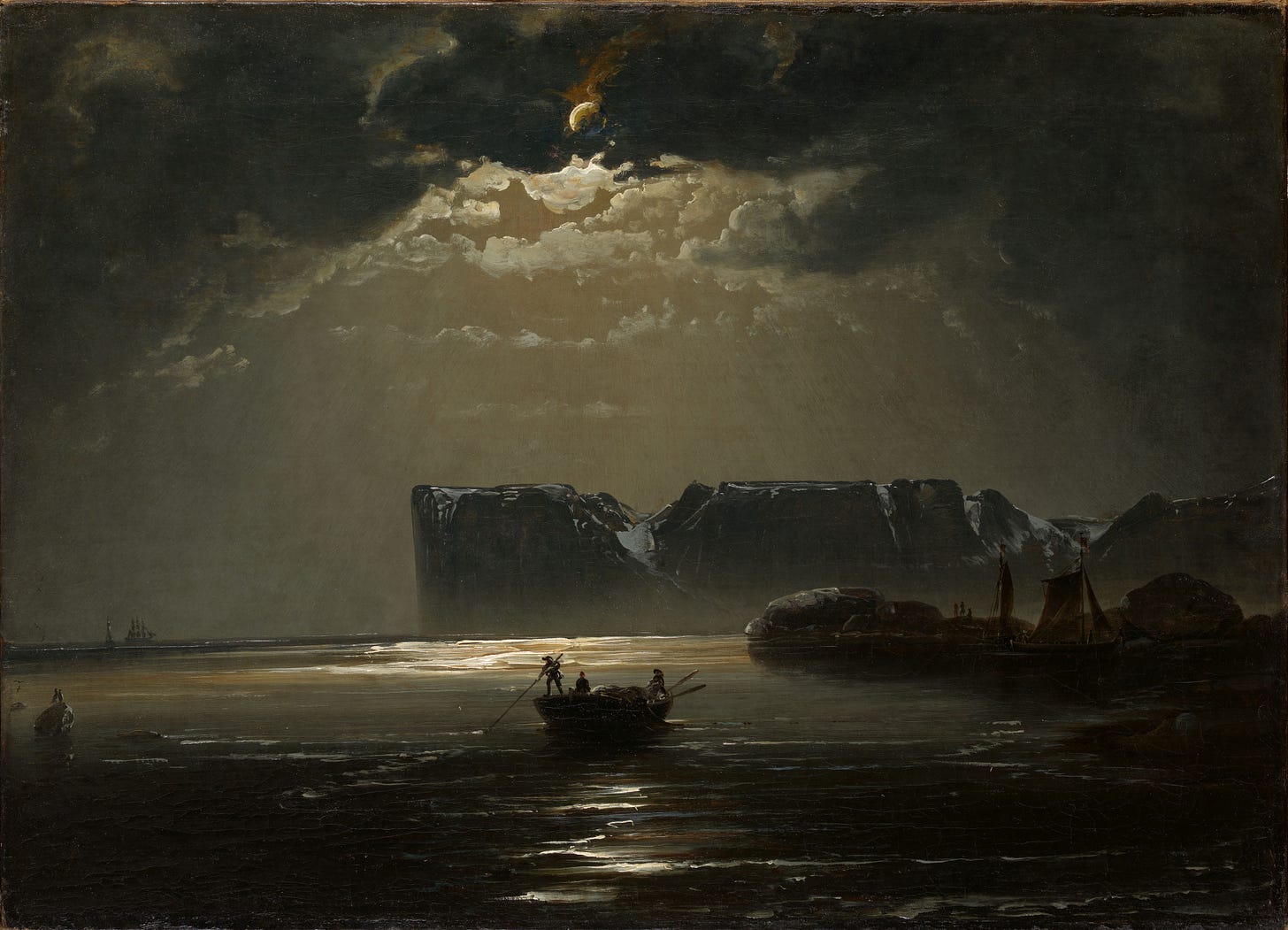"We Can't Live Like This!"
On the inability of liberal whites to process the threat of London's "Urban Youth"
There is a scene in David Lean’s Dr. Zhivago when Zhivago returns home to Moscow after the war and the Russian Revolution and discovers that the upper-class family home has been confiscated by the Bolsheviks. Now, the family is forced to share the property with the poor and hungry, and strangers. Zhivago’s broken-hearted and humbled stepfather surveys the now robbed and somewhat destitute family and sighs, “We can’t live like this”.
Back when my online presence was not much more than a comment box under Daily Telegraph articles, perhaps ten years ago, I remember the issue of grooming gangs first being revealed to the public. The writer Alison Pearson penned an incendiary article in which she used terms such as “our girls” to describe the victims. The ethnic and racial undertones were obvious. Here it all was, finally, in a national broadsheet that was being read in Chipping Barnet and Dorchester. English girls, doused in petrol, raped by hundreds of men, enslaved, drugged. The court reports were a meditation on barbarism itself, and all of it was happening right here in our very own merry old England. Nestled amongst thousands of vitriolic comments under Pearson’s article was one which said simply, “We can’t live like this”.
The phrase “we can’t live like this” is infused with a set of bourgeois assumptions and priors. Society is governed by moral codes. It is expected that the individual adheres to these codes because collectively it sustains and emboldens the civilized aspects of our country. The pronoun “we” is instructive here because what’s being expressed is “we the civilized people…” and the “this” at the end of the sentence is tantamount to saying “uncivilized”. We, the standard-bearers of decency and societal norms, cannot live with this uncivilized and chaotic refutation of those norms. It is, in the end, order trying to contain chaos — or at least an expression of that sentiment.
Dr Zhivago’s stepfather was not just lamenting the loss of his property, but his defeat at the hands of chaos, entropy, and sadism. The Bolsheviks had a way to refute this sense of ordered decorum: they would point out that the morality itself was oppressive and bourgeois. There is a tragic aura to Zhivago’s stepfather because his powerlessness means that when he says “we” can’t live like this, he has no institutional power to call upon any more — he’s going to have to live like this whether he likes it or not.
The issue of societal norms intersecting with Power reared its head again this week in England. A young black man (he gets no mentions or exposure from me) has been carrying out a series of “pranks” which consisted of him harassing and demeaning white people and at least one Jew. He walked into a family home, stole an old woman’s dog, and approached a young woman in a train station at night and asked her if she wanted to die. All for clicks on social media, of course. Many people have pointed out that the whole saga has been pushed in order that people begin demanding what the government’s ominous Online Harms Bill has in store for us. That wouldn’t surprise me. However, what I find interesting are the moral assumptions and power dynamics at play. This week, I have seen many people saying they can’t live like this.
Keep reading with a 7-day free trial
Subscribe to Morgoth’s Review to keep reading this post and get 7 days of free access to the full post archives.



